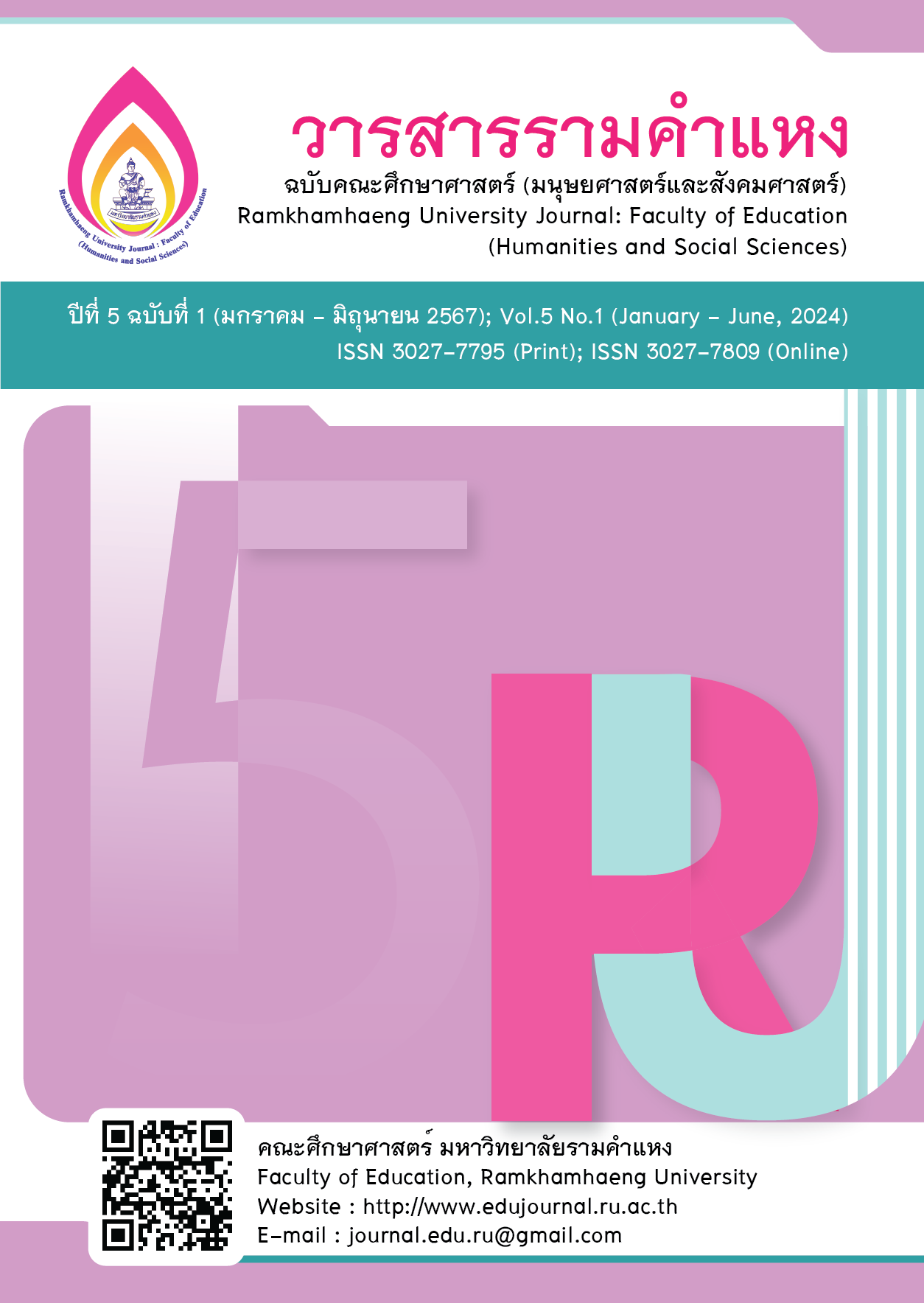Intelligence, Morality, and Happiness from the Viewpoint of Buddhism
Main Article Content
Abstract
This academic article aims to present ideas about integrating Buddhist principles into the nation's human capital, for students can be intelligent, nice, and happy. This is a way to achieve the goals of the National Education Development Plan that put people at the center of the development. Besides, it aims to improve human beings physically, mentally, intellectually, knowledgeably, and virtuously. Ethics also plays a vital role in humans’ happy lives to be with others by integrating principles into desirable attributes:
- Talent must be good in terms of themselves (Virtues of a gentleman 7), good at coexistence with others (Bases of sympathy 4) and good at working (Basis for success 4),
- Good people must be good because of the correct creation of charity (Grounds for accomplishing merit 3), good behavior (Good conduct 3) and avoidance from degeneration (Causes of ruin 6), and
- People are happy because they are happy to live as property owner (Deserved bliss of a layman).
Downloads
Article Details

This work is licensed under a Creative Commons Attribution-NonCommercial-NoDerivatives 4.0 International License.
ผู้ส่งบทความ (และคณะผู้วิจัยทุกคน) ตระหนักและปฎิบัติตามจริยธรรมการวิจัยอย่างเคร่งครัด ทั้งนี้บทความ เนื้อหา ข้อมูล ข้อความ ภาพ ตาราง แผนภาพ แผนผัง หรือข้อคิดเห็นใดๆ ที่ปรากฎในบทความ เป็นความคิดเห็นและความรับผิดชอบของผู้ส่งบทความ กองบรรณาธิการไม่จำเป็นต้องเห็นตามเสมอไป และไม่มีส่วนรับผิดชอบใดๆ โดยถือเป็นความรับผิดของของเจ้าของบทความเพียงผู้เดียว
References
Ayuwat, D., Hong-ngam, J., Saranrittichai, K., Chumnanmak, R., Narongchai, W., & Auraiampai, N. (2021). Life happiness of elderly in northeast. Journal of Language, Religion and Culture, 8(1), 136-155. (in Thai).
Ayuwat, D., Hong-ngam, J., Saranrittichai, K., Chumnanmak, R., Narongchai, W., & Auraiampai, N. (2021). Life happiness of elderly in northeast. Journal of Language, Religion and Culture, 8(1), 136-155. (in Thai).
Chiangkul, B. (2013). The role of education in economic and social development. Witayakorn Club. https://witayakornclub. wordpress.com/. (in Thai).
Churat, W. (2021). Developing 11th grader creative problem-solving skills using creative problem-solving models with infographic on the topic of acids-bases. [Master thesis, Naresuan University]. https://nuir.lib.nu.ac.th/dspace/bitstream/123456789/4440/1/62061535.pdf (in Thai).
Klibtong, S. (2018). The Process of creating buddhist intellectual capital of social entrepreneurs in Samutsakhon province. [Doctoral thesis, Mahachulalongkornrajavidyalaya University]. https://e-thesis.mcu.ac.th/storage/NKOFhFyjvrEKOvXXa1tol9BbIZUbTVw3lPEokiiO.pdf (in Thai).
Mahachulalongkornrajavidyalaya. (1996). Thai Tipitaka: Mahachulalongkornrajavidyalaya version. Mahachulalongkornrajavidyalaya University Press. (in Thai).
Na Nakorn, T. (2020). The development of life with buddhist psychology for enhancing self-esteem. Buddhist Psychology Journal, 5(2), 53-62. (in Thai).
Namsri, C., Ruannakarn, P., & Inyai, C. (2014). Influence of learners' performance on science learning ability of grade eleven students. Research Methodology & Cognitive Science Journal, 11(2), 1-11. (in Thai).
Office of the Education Council. (2017). Education in Thailand. Prigwan Graphic. https://www.bic.moe.go.th/images/stories/pdf/EDUCATION_IN_THAILAND_2017.pdf (in Thai).
Onsri, P. (2014). Contemplative education: Education for human development in 21th century. Journal of The Royal Thai Army Nurses, 15(1), 7-11. (in Thai).
Prasertsuk, T. (1999). Emotional intelligence and education. Journal of Behavioral Science, 5(1), 19-15. (in Thai).
Suwannapal, T., & Bannaruchi, B. (2015). Cognitive education for education development in Thailand. Journal of Educational Review Faculty of Educational in MCU, 2(1), 124-131. (in Thai).
Wachiramethee, W., Thanapakij, A., & Kaewsangtham, S. (2014). What should I do with my life? Springbooks. (in Thai).
Wasi P. (2011). Education system to solve the misery of people in the land (2nd ed.). Contemplative Education Center Mahidol University. (in Thai)
Yodwisitsak, K., & Yooyen, R. (2020). The level of intention to quit amongst talent employees in the Thai government system. Journal of HR Intelligence, 5(2), 44-63. (in Thai).


